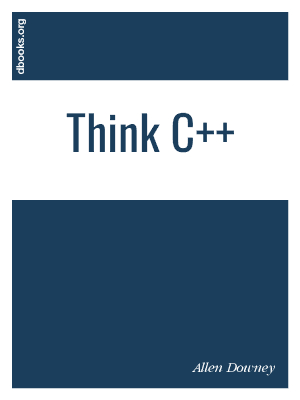Think C++
by Allen Downey
DescriptionTable of ContentsDetailsHashtagsReport an issue 






Book Description
Think C++ is an introduction to programming using the C++ programming language. I originally wrote it to help students prepare for the Computer Science AP exam (when the exam was in C++).This open book is licensed under a Creative Commons License (CC BY-NC). You can download Think C++ ebook for free in PDF format (0.9 MB).
Table of Contents
Chapter 1
The way of the program
Chapter 2
Variables and types
Chapter 3
Function
Chapter 4
Conditionals and recursion
Chapter 5
Fruitful functions
Chapter 6
Iteration
Chapter 7
Strings and things
Chapter 8
Structures
Chapter 9
More structures
Chapter 10
Vectors
Chapter 11
Member functions
Chapter 12
Vectors of Objects
Chapter 13
Objects of Vectors
Chapter 14
Classes and invariants
Chapter 15
File Input/Output and apmatrixes
Appendix A
Quick reference for AP classes
Book Details
Title
Think C++
Subject
Computer Science
Publisher
Green Tea Press
Published
1999
Pages
191
Edition
1
Language
English
PDF Size
0.9 MB
License

Related Books
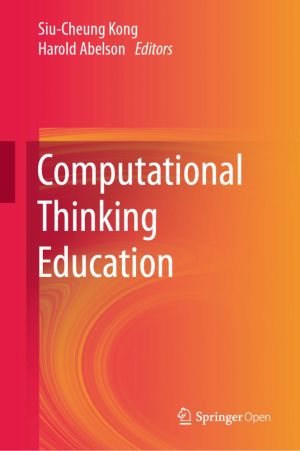
This book offers a comprehensive guide, covering every important aspect of computational thinking education. It provides an in-depth discussion of computational thinking, including the notion of perceiving computational thinking practices as ways of mapping models from the abstraction of data and process structures to natural phenomena. Further, it...
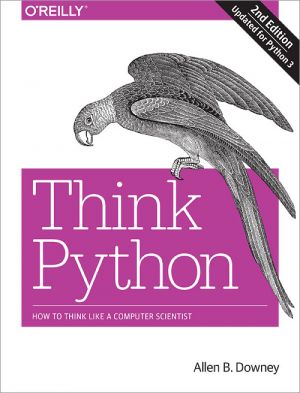
If you want to learn how to program, working with Python is an excellent way to start. This hands-on guide takes you through the language a step at a time, beginning with basic programming concepts before moving on to functions, recursion, data structures, and object-oriented design. This second edition and its supporting code have been updated for...
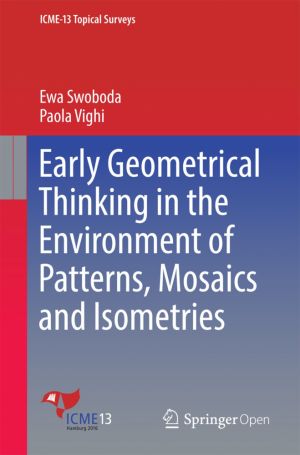
This book discusses the learning and teaching of geometry, with a special focus on kindergarten and primary education. It examines important new trends and developments in research and practice, and emphasizes theoretical, empirical and developmental issues. Further, it discusses various topics, including curriculum studies and implementation, spat...
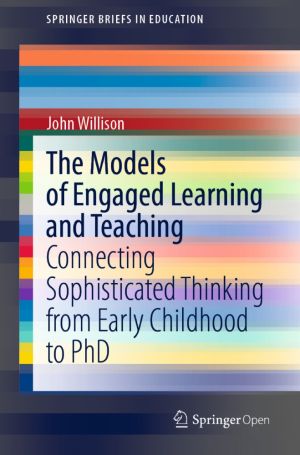
This book provides a practical philosophy for promoting students' sophisticated thinking from Early Childhood to PhD in ways that explicitly interconnect across the years of education. It will help teachers, academics and the broader learning and teaching community to understand and implement these connections by introducing a conceptual frame...
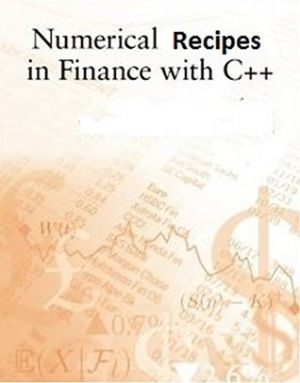
This book is a a discussion of the calculation of specific formulas in finance. The field of finance has seen a rapid development in recent years, with increasing mathematical sophistication. While the formalization of the field can be traced back to the work of Markowitz (1952) on investors mean-variance decisions and Modigliani and Miller (1958) ...
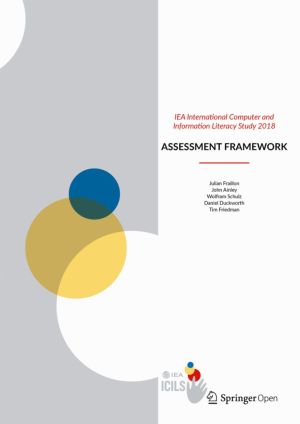
This free book presents the assessment framework for IEA's International Computer an Information Literacy Study (ICILS) 2018, which is designed to assess how well students are prepared for study, work and life in a digital world. The study measures international differences in students' computer and information literacy (CIL): their abili...

